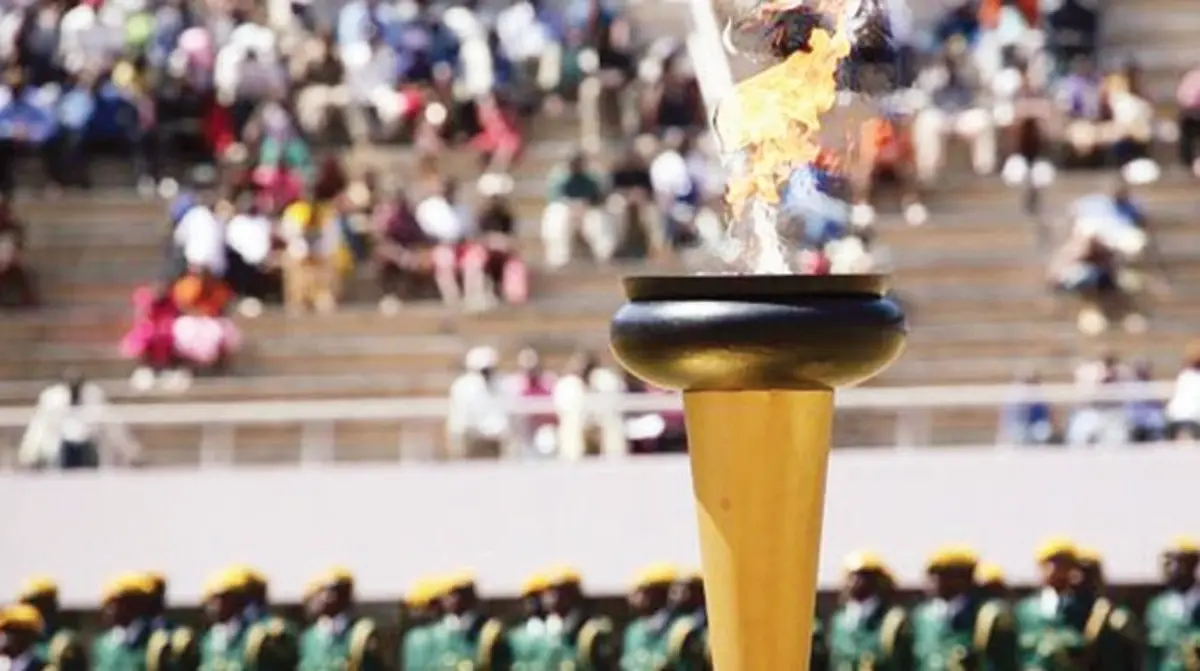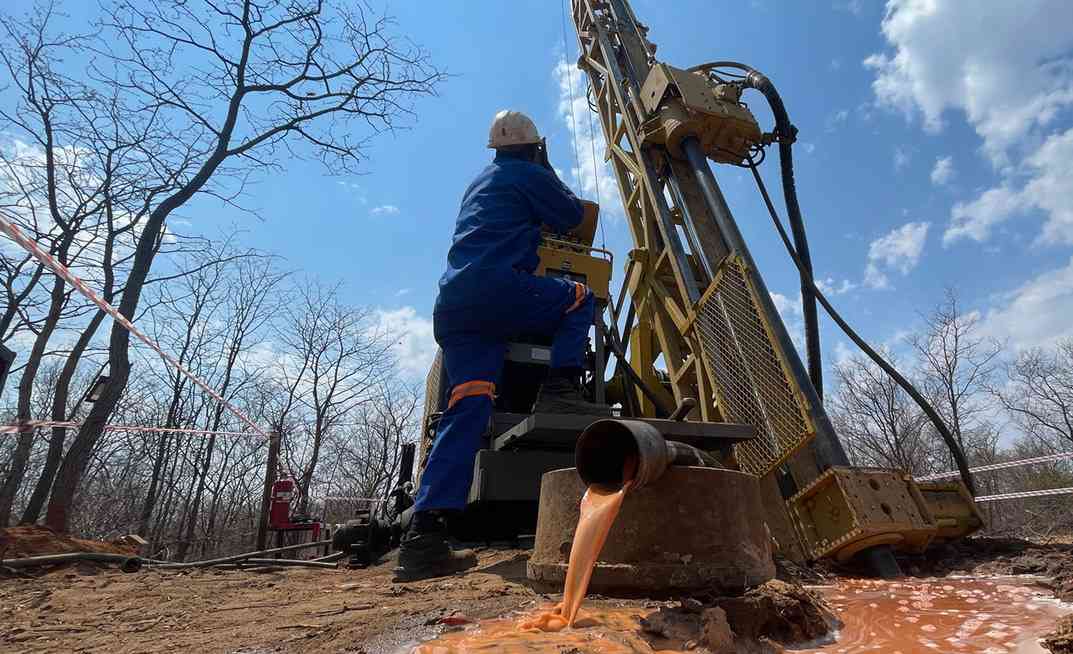
ZANU founding chairman Herbert Chitepo gave a moving and seminal speech in 1974 in Australia to raise support and fundraising for the party.
The speech described what a new Zimbabwe would be like post-independence. It was more or less like Martin Luther King Jnr’s “I have a Dream” speech.
Six years later, April 18, 1980, Zimbabwe became independent after a protracted liberation struggle — 1966 to 1979. Unfortunately, independence came long after Chitepo had been assassinated in a car bomb attack in Lusaka, Zambia, in 1975. His death is still a mystery to be unravelled 43 years after independence.
I will quote the last two paragraphs of the speech here: “We are seeking what we describe as a systematic change. We want to change the whole system. We want revolution. By revolution, we understand a turning of the wheel.
“We want an entirely new society based on no exploitation, true equality and true justice for all. It is this vision which our people have been fired with ... so fired with that vision they have been prepared to take up arms to fight against the regime that oppresses them, to establish a new Zimbabwe, a new country, a new justice, a new economic system, a new society.”
I have read and re-read the above paragraphs, but each time I feel there is something wrong. This was a dream — a dream shared by many in independent Zimbabwe.
However, post-1980, the dream has either been deferred or completely betrayed by national leaders — Zanu PF to be precise.
Let us revisit some things.
- Uproar as top civil servants are sent to Zanu PF lessons
- Uproar as top civil servants are sent to Zanu PF lessons
- Corruption Watch: Get scared, 2023 is coming
- Animal ivermectin should not be used on humans
Keep Reading
Soon after independence, Zanu PF leaders went on the path to establish a one-party State. They were not democratic. They conflated the party, State and government.
They went all out to implement the one-party State policy. Zimbabwe quickly experienced State-sanctioned atrocities in what became known as Gukurahundi.
Many texts have been written about those gruesome atrocities by the Fifth Brigade and Central Intelligence Organisation. The units were only answerable to the Prime Minister Robert Mugabe and his State Security minister Emmerson Mnangagwa.
Government even instituted a commission led by lawyer Simplicious Chihambakwe. The report never saw the light of the day. There is a lot of conjecture and theories flying around about the State complicity in the atrocities.
Writers Stuart Doran, Terrence Ranger and Judith Todd have written about the gloomy days. The only document closer to the truth is the Catholic Commission for Justice and Peace in Zimbabwe — Breaking the Silence report.
Yes, government initially improved the lives of the majority through minimum wage, universal health care and education. Those in urban areas got homeownerships and tertiary education was by State grants and loans. This was great and should be appreciated.
However, as the first decade of independence came to a close, we had the Willowgate scandal. This was corruption by Cabinet ministers who would abuse their power to jump the queue and buy cars from Willowvale Mazda Motor Industries and resell them at extortionist prices. The Justice Wilson Sandura Commission report on the matter makes sad reading.
Zanu PF did not repent from its hell-bent ways of looking after itself. This has been replicated during the land reform programme, where the chefs got prime land and disregarded the maximum farm size.
They also grabbed for themselves farming implements under the Reserve Bank of Zimbabwe farm mechanisation programme.
Zanu PF also veered off the socialist path and went full-blown neoliberal. Since 1990, it has been implementing economic structural adjustment programmes in one form or another. The programmes are now called staff-monitored programmes. However, the main substance has not changed — privatisation of public entities and cutting back on social spending.
Privatisation of parastatals has caused the rise in asset stripping and the emergence of oligarchs in the mould of politically-exposed persons. We have also seen the emergence of cartels that feed on public contracts again and again, but the public works they do are never completed nor are the goods they procure supplied.
On education, health, housing, water and energy, privatisation is on asteroids. We have seen them appropriating State land on the peripheries of urban centres and then selling it out unserviced to home seekers.
Many private schools and medical facilities have mushroomed and at the same time funding to public education and health facilities has been on the decline.
The long and short of it is that Zanu PF has become a neoliberal party completely different from what the erudite Chitepo said in Australia in 1974.
It is important to reproduce a pertinent section of the speech here again: “We want an entirely new society based on no exploitation, true equality and true justice for all. It is this vision which our people have been fired with ... so fired with that vision they have been prepared to take up arms to fight against the regime that oppresses them, to establish a new Zimbabwe, a new country, a new justice, a new economic system, a new society.”
Can we now honestly say as Zimbabweans that we have a new society with no exploitation? Can we put our hands to our hearts and proclaim that there is now justice for all? Can we loudly shout that now there is equality in Zimbabwe? Can we openly say we now have a new economic system different from the Rhodesian extractive economy?
Unfortunately, the answer to all those questions is a resounding NO. Zimbabwe under Zanu PF has long got lost in the woods of neoliberalism. It has, in the words of Frantz Fanon, become a people who wanted to mimic the oppressors. The dream of independence has not only been deferred but completely betrayed by the current leadership.
Perhaps, Zimbabweans need to come together again and look at “where did the rain start to beat us”, as Chinua Achebe would say.
We have to retrace our steps and do it very soon.
- Paidamoyo Muzulu is a journalist based in Harare. He writes here in his personal capacity.










